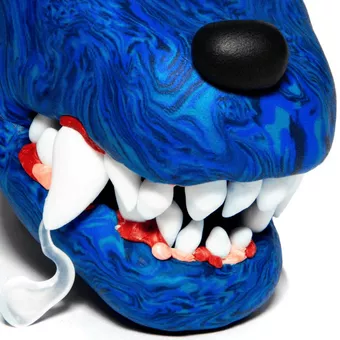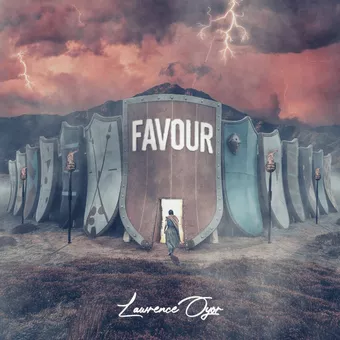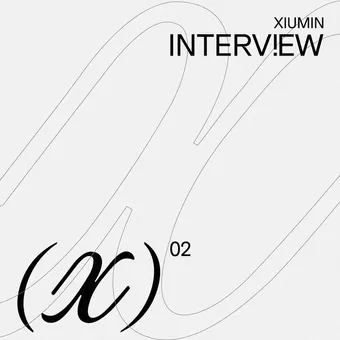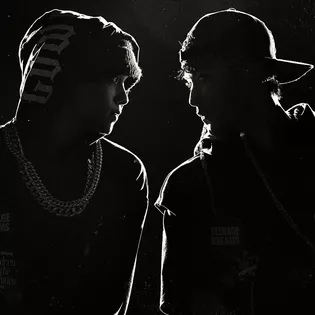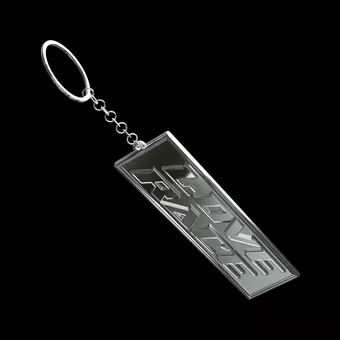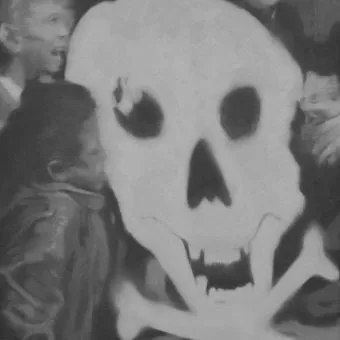James Marriott – Toothache Lyrics
Walk me back to your house, watch me rot in his place
With your hand in my pocket and your eyes on my face
I’ll sit and pretend that I can hear what you say
I’d usually nod in agreement, but just not today[Chorus]
Got this toothache
That won’t heal but won’t break
And it hurts, but I can never get enough
[Verse 2]
Put me down in your chair
I’ll watch you place your constraints
When I start leaning back
I’ll care to stomach the pain
You cut into my mouth
And I can’t help but taste all the moments we have
Leave me feeling the same
[Chorus]
Got this toothache
That won’t heal but won’t break
And it hurts, but I can never get еnou-gh
[Bridge]
She calls sometimes whеn she needs someone
And she’s got no-one to pick up the phone
It ruminates and it takes its toll
Then I close my mouth and end up alone
She calls sometimes when she needs someone
And she’s got no-one to pick up the phone
It feels so wrong when I play along
But I pray the line will break
And she cries her heart out
She cries her heart out
She cries her heart out
She cries her heart out
(She cries her heart out)
Got this toothache that won’t heal but won’t break
(She cries her heart out)
And it hurts, but I can never get enou-gh
(She cries her heart out)
Got this toothache that won’t heal but won’t break
(She cries her heart out)
And it hurts, but I can never get enough, no
Toothache by James Marriott
“Toothache” is a poignant track by James Marriott from his album “Don’t Tell The Dog,” released in 2023. This song, positioned as the sixth track on the album, delves into the complexities of emotional pain and longing through the metaphor of a toothache.
Quick summary
The song explores the persistent emotional discomfort of unreciprocated love, using the metaphor of a toothache to illustrate the narrator’s internal struggle and longing for resolution in a complicated relationship.
In-depth lyrics analysis
The song opens with the narrator expressing a sense of being trapped in a relationship that feels more like a burden than a joy. The imagery of being walked back to a house suggests a return to a familiar yet painful place, where the narrator feels neglected and overshadowed by another person. The line “Watch me rot in his place” indicates a feeling of decay and stagnation, emphasizing the emotional toll of watching someone they care about be with another. The physical closeness described in the lyrics, such as having a hand in a pocket and eyes on a face, contrasts sharply with the emotional distance felt by the narrator, highlighting the dissonance between physical intimacy and emotional connection.
As the song progresses, the metaphor of the toothache becomes more pronounced. The repeated lines about the toothache that “won’t heal but won’t break” encapsulate the idea of persistent pain that is both debilitating and oddly comforting. This duality reflects the complexity of love, where the narrator is caught in a cycle of longing and hurt. The toothache symbolizes not just emotional pain but also the addictive nature of unreciprocated love, where the narrator finds it difficult to let go despite the suffering it brings.
The lyrics further explore the narrator’s internal conflict, as they pretend to engage in conversations while feeling disconnected. The line “I’d usually nod in agreement but just not today” suggests a moment of clarity where the narrator recognizes their emotional state and the futility of pretending. This moment of honesty adds depth to the song, revealing the struggle to maintain a facade in the face of overwhelming feelings.
The chorus, with its repetition of the toothache metaphor, serves as a powerful reminder of the ongoing emotional turmoil. The narrator’s acknowledgment of the pain, coupled with the admission that they can never get enough, illustrates the paradox of love—where the very thing that causes suffering is also something they crave. This cyclical nature of hope and despair is a central theme in the song, capturing the essence of unfulfilled love.
In the latter part of the song, the mention of a woman who calls when she needs someone adds another layer to the narrative. It suggests a sense of obligation and emotional labor, where the narrator feels compelled to be there for someone who is emotionally unavailable. The lines “It feels so wrong when I play along” highlight the moral conflict faced by the narrator, who is torn between their feelings and the reality of the situation. The repetition of the phrase “she cries her heart out” emphasizes the emotional weight of the relationship, suggesting that both parties are suffering in their own ways.
Ultimately, “Toothache” is a reflection on the complexities of love, longing, and emotional pain. The vivid imagery and relatable metaphors create a hauntingly beautiful portrayal of a relationship that is both intimate and isolating, leaving the listener with a sense of melancholy and introspection.
Cultural and historical context
Released in 2023, “Toothache” reflects a contemporary exploration of emotional struggles in relationships, resonating with a generation that often grapples with themes of mental health and emotional well-being. The song’s metaphor of a toothache serves as a relatable symbol for the persistent pain many experience in unreciprocated love, making it relevant in today’s cultural landscape where discussions around emotional health are increasingly prominent.
Frequently asked questions
The toothache symbolizes persistent emotional pain and longing in a complicated relationship, reflecting the struggle of unreciprocated love.
The narrator feels trapped and emotionally disconnected, experiencing a mix of jealousy, longing, and the difficulty of letting go despite the pain.
The mood of the song is melancholic and reflective, capturing the complexities of love and the emotional toll it takes on the individual.
The song explores themes of emotional pain, longing, unreciprocated love, and the internal conflict faced in complicated relationships.
The repetition of the toothache metaphor in the chorus emphasizes the ongoing emotional struggle, reinforcing the cyclical nature of hope and despair in the narrator’s experience.

